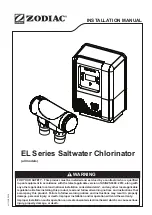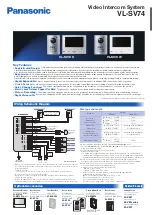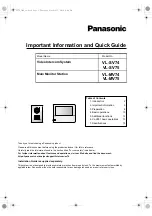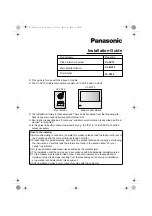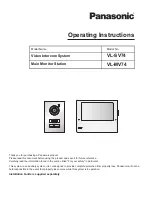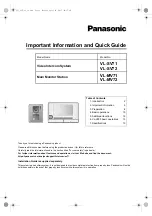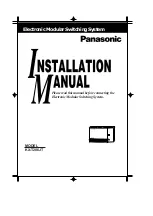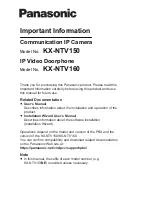
9.2 Cleaning
9.2.1 Cleaning the UV lamp protection tube
CAUTION!
Unsuitable cleaning agent
Possible personal injury / material damage to the
UV systems
– Do not use corrosive acids or acids that could
cause stress cracks, such as hydrochloric acid
– Read the safety data sheet for the cleaning
agent selected!
– Wear protective clothing when cleaning (pro‐
tective eyewear, protective gloves ...)
– Ensure that no cleaning solution penetrates the
lamp protection tube
– Ensure, when cleaning UV systems that no
cleaning solution enters the pipework
NOTICE!
Cleaning time
Clean the tube at the very latest when the UV
sensor signal falls below the warning threshold,
without this being based on other causes, such as
ageing of the UV lamp or significant worsening of
the UV transmission.
NOTICE!
Disposal of cleaning agent
Possible environmental hazard.
Dispose of the waste cleaning solution in accord‐
ance with the pertinent guidelines and regulations.
Deposits of, for example iron, manganese or limescale, can form
on the UV lamp protection tubes during operation. As these
deposits absorb UV radiation, they should be removed at regular
intervals.
An annual clean of the UV lamp protection tubes when replacing
the UV lamp suffices for many UV systems. Clean more frequently
when operating with types of water that have a tendency to
become dirty. The UV lamp protection tubes can be cleaned man‐
ually when dismantled or can be cleaned by filling the radiation
chamber with a cleaning solution. Acids, such as diluted phos‐
phoric acid, acetic acid or diluted nitric acid, are particularly suit‐
able for cleaning.
Manual cleaning, cleaning agents
In spite of cleaning with a wiper, we recommend
manual cleaning using cleaning solution, if you
remove the UV lamp protection tube within the
scope of UV lamp replacement.
In UV systems with automatic wipers, cleaning of the lamp protec‐
tion tube while fitted is carried out dependent on the set wiper
interval (presetting 2 h).
Maintenance
63































